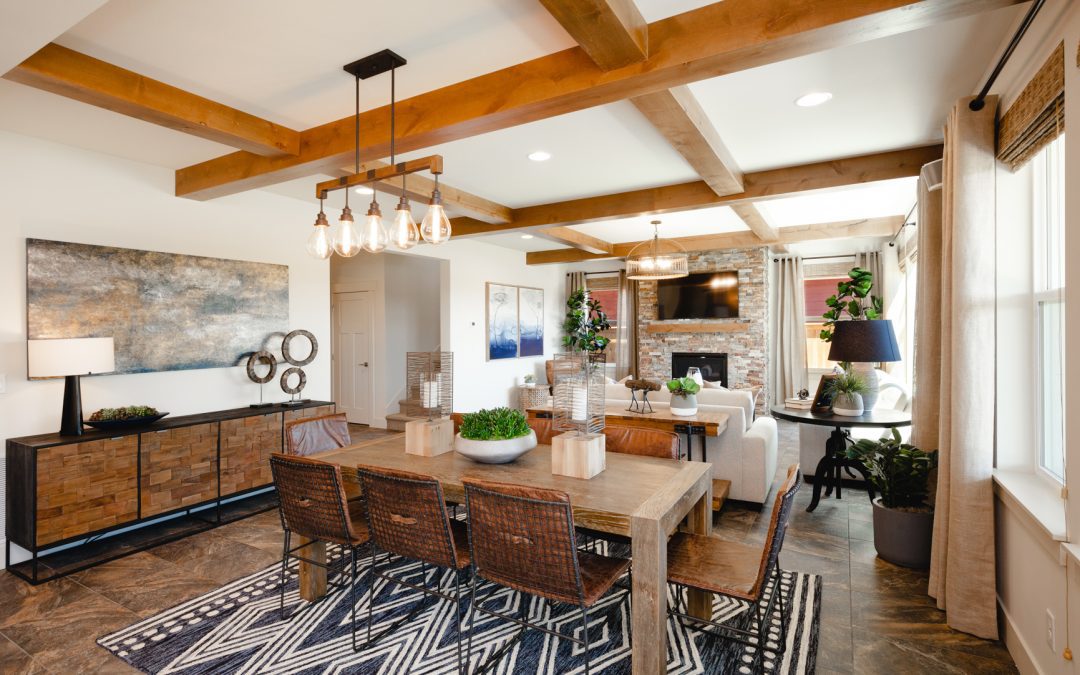
by Sally Galli | Oct 7, 2023 | Little Lane, News
Carson City, Nevada is a uniquely charming city that is steeped in exciting history and surrounded by vast natural beauty. In addition to the many family-friendly activities available within the city limits, what makes this city even more appealing is its proximity to...

by Sally Galli | Oct 1, 2023 | Little Lane, News
Buying a new home is exciting and one of the biggest of your lifetime. That’s why it’s crucial to be informed and follow the right steps so you can secure the best mortgage for you while steering clear of common mistakes. Here are tips on the “do’s” to avoiding common...

by Sally Galli | May 19, 2023 | News
Buying a new home takes planning, research, and patience. Not only are you considering the possibility of a new location, new schools, new employment, etc. you also need to consider the state of your finances. Is there room for improvement in this area? Have you saved...

by Sally Galli | Apr 21, 2023 | Little Lane, News
With a little over 20” of snow each year, Carson City is the perfect place to enjoy the winter weather. The lows and highs for the season are right in that range where visitors and residents can have fun without worrying about temperature extremes. Plus, Nevada’s...

by Sally Galli | Apr 21, 2023 | Little Lane, News
Yes, there is such a thing as a stress-free move. Moving to Carson City is sure to be an exciting event for you and your family, so you will be happy to know there are plenty of ways to make the transition smooth. Keeping organized will keep all the working pieces in...

by Sally Galli | Apr 21, 2023 | News
In March 2023, the Federal Housing Administration (FHA) instituted a 30 basis point reduction to the mortgage insurance premiums (MIP) charged to homebuyers who will obtain an FHA-insured mortgage with a 3.5% down payment. This could mean savings in the thousands to...








Recent Comments